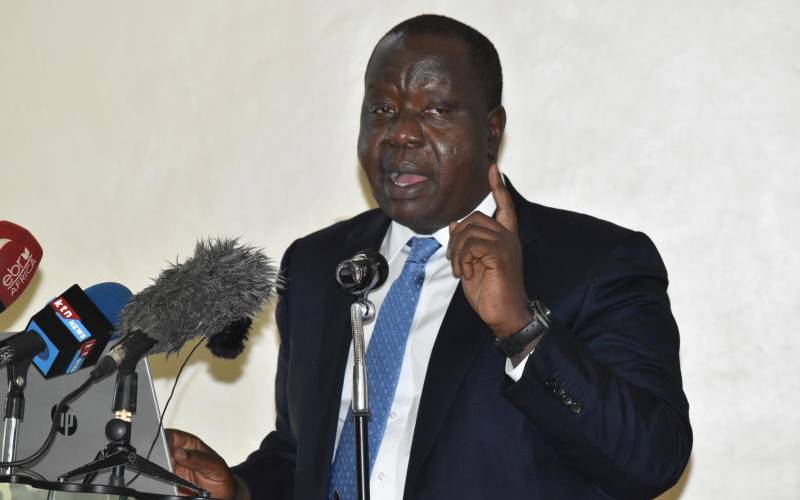×
The Standard e-Paper
Home To Bold Columnists

Forbidden love in uniform. The Kenya police service is trying to tame the hearts of senior police officers from being arrested by the beauty of their juniors.
The consequences of untamed hearts burning above or below their ranks are an undisciplined police service where sexual molestation and gender violence flare-up.